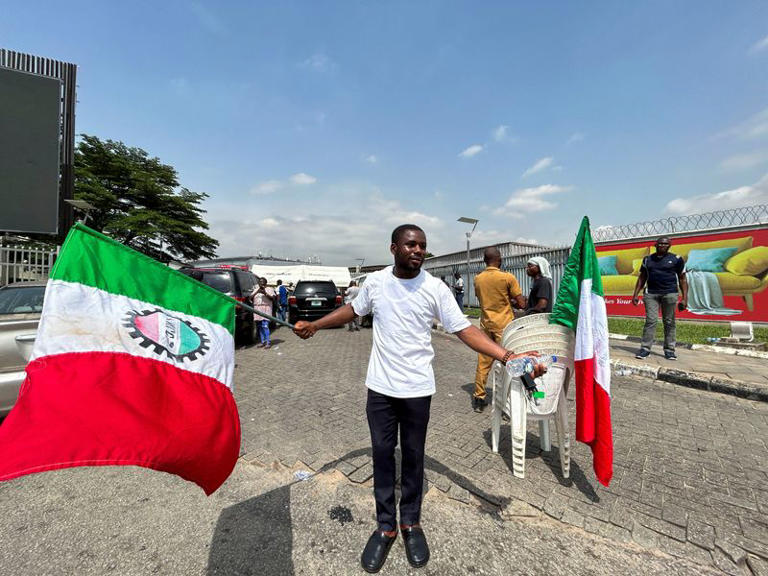The Federal Government and organised labour have agreed on a new national minimum wage of N70,000 monthly, marking a 133 per cent increase from the previous N30,000. While this development may seem significant, the broader context reveals a complex and precarious economic landscape that threatens to undermine the benefits of this wage hike.
By law, Nigeria should review its minimum wage every five years. The last review in 2019 under President Muhammadu Buhari raised the wage from N18,000 to N30,000. These reviews have historically been contentious, leading to labor unrest and defaults on wage payments by various states. Despite these periodic increases, Nigerian wages remain dismally low. With the naira’s depreciation, most workers continue to live in poverty. Even with the new N70,000 wage, Nigerian workers still earn less than their counterparts in South Africa, Egypt, Morocco, Algeria, and Angola, with the N70,000 translating to roughly $44 per month.
The urgency for another wage review became apparent shortly after President Bola Tinubu canceled petrol subsidies in May 2023 and the Central Bank of Nigeria (CBN) floated the naira. Initially, labour proposed a monthly wage of N615,000, and later reduced it to N250,000. After prolonged negotiations and a two-day labor strike, the tripartite committee, comprising federal and state governments, labor, and the organized private sector, settled on N62,000. The final agreed amount of N70,000 represents a compromise but is far from a comprehensive solution.
For all parties involved, this wage increase is a victory not worth winning. While some state governments have indicated their willingness to pay the new wage, many remain undecided. This hesitancy signals financial instability, as many states are not financially viable and risk bankruptcy upon implementing the new wage. States have historically accumulated wage backlogs after every review. Even with the windfall from subsidy removal, states must cut their expenditure to afford the new wage and still fund capital expenditures.
For labor, the wage increase provides only temporary relief. With inflation at a 30-year high of 34.19 per cent and food inflation at 40.87 per cent, the real value of the wage increase is significantly eroded.
The organised private sector is also uncomfortable with the N70,000 wage imposed by the federal government. Manufacturers operate in a challenging environment, with many, including multinationals, shutting down operations due to low productivity and high costs. A 133 per cent wage increase in such a setting is unsustainable.
The federal government is living beyond its means, which is unsustainable economics and spells more trouble ahead. To address this, the Tinubu administration must reduce the cost of governance, curb the urge to buy new aircraft and other luxuries and stop dubious payments to lawmakers under the guise of constituency projects.
Furthermore, the government should focus o only a stable economy can make wages sustainable and meaningful. Without addressing the underlying economic issues, the new minimum wage may prove to be more of a symbolic gesture than a substantive improvement in the lives of Nigerian workers.n the domestic refining of crude oil, place a moratorium on borrowing, and adopt pragmatic measures to reduce inflation and shore up the value of the naira. Addressing food inflation, which is primarily driven by insecurity, should be a priority.
At N70,000, the new minimum wage falls short of providing significant relief. The Nigeria Labour Congress (NLC) has arguably settled for too little, given the extensive strikes and negotiations.
Ultimately, only a stable economy can make wages sustainable and meaningful. Without addressing the underlying economic issues, the new minimum wage may prove to be more of a symbolic gesture than a substantive improvement in the lives of Nigerian workers.
